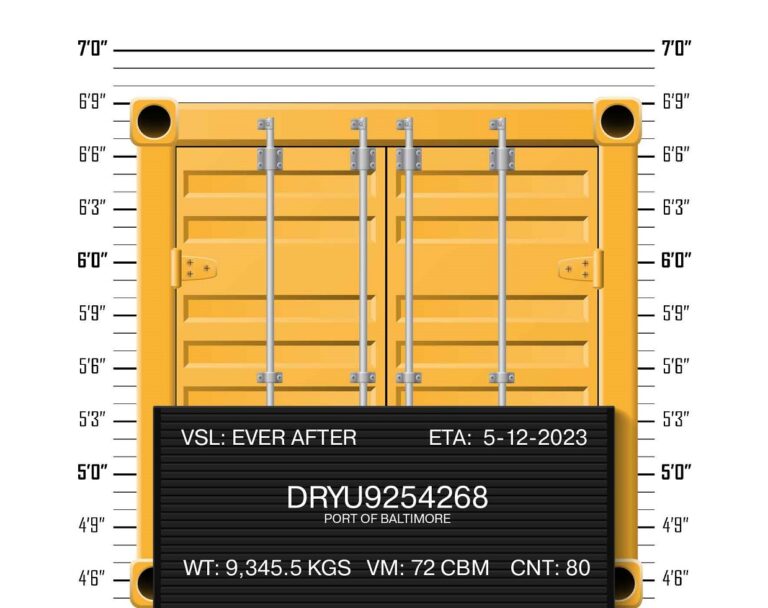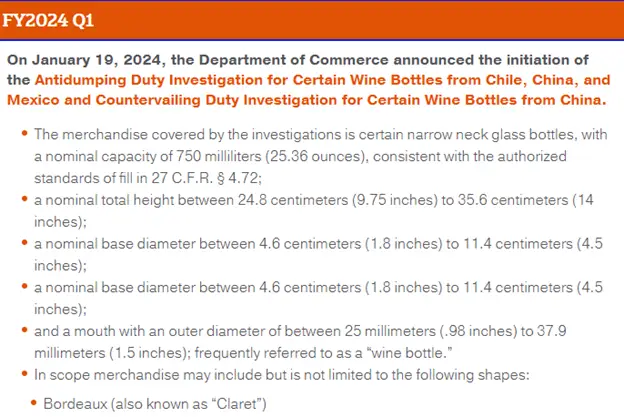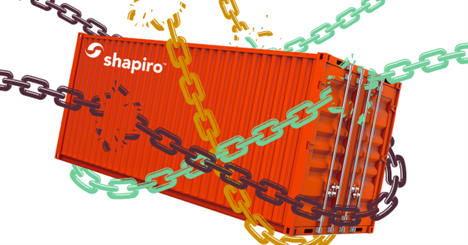Don’t Get Caught!
“Ignorantia juris non excusat” is Latin for a legal principle that holds that one cannot escape liability for a law simply because one was unaware of it — and we mean regulatory compliance laws in this case!
There are two simple steps to avoiding trouble: First, know the rules. Second, don’t break them. The potential penalties, both financial and commercial, can be extremely damaging for your business and, in some cases, for you personally.
Let’s agree that regulatory compliance
isn’t a flexible issue.

Since 1915, our company culture has been built on a reputation of business integrity and our deep knowledge of the complex legal and regulatory compliance hurdle faced by importers and exporters.
Our reputation extends from U.S. Customs and Border Protection to all major government agencies that regulate international trade, to our industry, and to yours.
Shapiro's Compliance & Consulting Offerings Include:
Why Care About Compliance?
With the recent and growing focus on the Uyghur Forced Labor Prevention Act (UFLPA), Entry Type 86 Compliance (Section 321) and Anti-Dumping and Countervailing Duties (AD/CVD), importers must stay vigilant to ensure they are working with someone with robust compliance experience.
Just this year, CBP impounded thousands of Volkswagen Group vehicles after they disclosed that a small component from Western China was used in the vehicles. This component was linked to forced labor concerns and highlights the repercussions of not thoroughly vetting supply chains.
Major Fortune 500 Companies find themselves at odds with Partner Government Agencies (PGAs) like the FDA, EPA, and USDA quite often as well:
Walmart (2022)
Walmart agreed to a $3 million settlement with the Environmental Protection Agency (EPA) after failing to properly declare the importation of pesticides and cleaning chemicals that did not meet safety standards.
Medtronic (2023)
Medtronic faced compliance import violations with the Food and Drug Administration (FDA) due to undeclared medical devices. They failed to properly declare and register certain imported devices, which led to detentions and fines.
Dole (2023)
The U.S. Department of Agriculture (USDA) imposed penalties on Dole for failing to comply with import regulations concerning organic produce. The company labeled imported fruits and vegetables as organic but did not have the proper certification and documentation required by the USDA. This led to both fines and detentions.
It’s easy to see how missing a single document can lead to weeks of delays and thousands in fines. If the big guys can miss it, so can you.
Let our dedicated compliance team ease your worries.
FTAs, AD/CVD, IPRs...Oh My!
Free Trade Agreements (FTAs), Anti-Dumping + Countervailing Duties (AD/CVD), and Intellectual Property Rights (IPRs) have emerged as key driving forces behind global economic integrating, facilitating or inhibiting the flow of goods and services across borders, as necessary.

Customs Modernization Act
Forced Labor,
What's That?
In this blog, we unravel the supply chain to shed light on the pressing issue of forced labor, explore the significance of Section 307 of the Tariff Act of 1930, highlight indicators to identify potential violations, and outline strategies to avoid forced labor all together.


